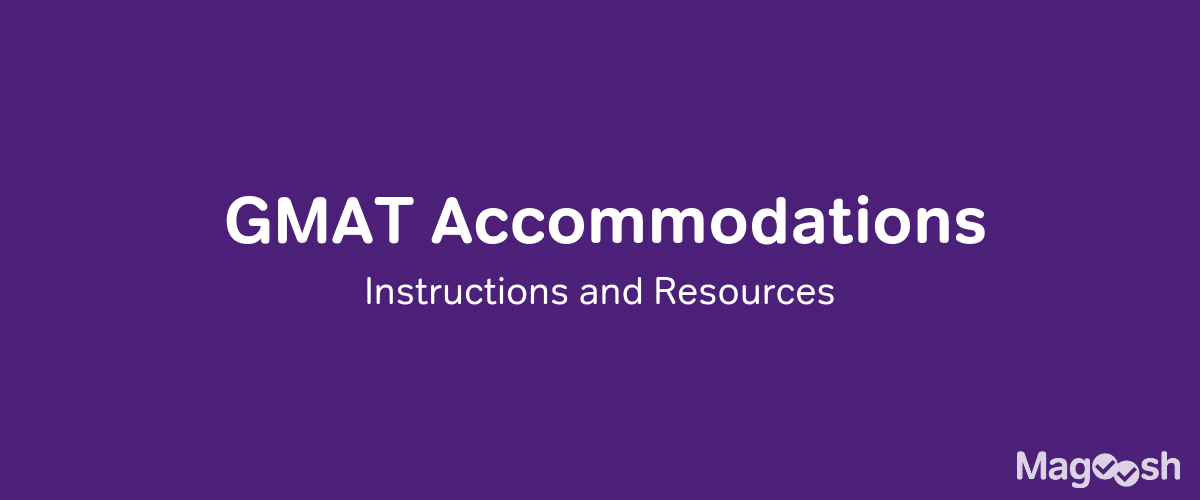This post is about a patently obvious rule of grammar. Sometimes the most obvious rules are not so obvious in the midst of complexity. First, try this practice question about the famous 16th century Japanese military leader Oda Nobunaga.
Practice Question
In the 1560 Battle of Okehazama, in which the warlord Imagawa Yoshimoto was defeated and killed, Oda Nobunaga, recognizing that although being outnumbered ten to one, the terrain gave his smaller force a decisive advantage.
A. Nobunaga, recognizing that although outnumbered ten to one, the terrain gave his smaller force
B. Nobunaga, recognizing that although they were outnumbered ten to one, the terrain giving his smaller force
C. Nobunaga recognized that, although outnumbered ten to one, the terrain gave his smaller force
D. Nobunaga recognized that, although his men were outnumbered ten to one, the terrain giving them
E. Nobunaga recognized that, although his men were outnumbered ten to one, the terrain gave them
The rule
As obvious as it may seem to say, every clause needs a verb. Period. This sounds simple, doesn’t it? Nevertheless, complexity lies ahead.
Clauses
There are two kinds of clauses: independent and dependent (a.k.a. subordinate). An independent clause can be a stand-on-its-own sentence all by itself. Every sentence needs at least one independent clause, and if the sentence involves a coordinating conjunction (and, but, or, nor, yet, so) or a correlative conjunction (not only … but also, either … or, neither … nor, whether … or) it can join two independent clauses.
A subordinating conjunction (after, although, as, as if, as long as, as soon as, as though, because, before, if, in order that, since, so, so that, than, though, unless until when, whenever, where, whereas, wherever, while, etc.) begins a subordinate clause. This cannot stand on its own as a complete sentence — a complete sentence needs at least one independent clause.
Both kind of clauses need a full subject + verb.
The missing verb mistake
Unlike some other grammar rules, these rules are univocally black and white. Despite the clarity, it is easy to get lost and lose track of where the verb is. That’s mistake #1: getting lost in the complexity of the sentence, and losing track of what the main verb is.
Another common mistake, made often in colloquial English, is following a subordinating conjunction not with a full noun + verb clause but with only an adjective or a participial phrase. Again, the complexity of the sentence on the GMAT SC may obscure something that would be more clearly wrong in a simple sentence. Consider these:
2) As seen on TV, your friends will envy how clean your platypus is when you use the Acme Platypus Washer.
3) Wherever found in Nature, people are eager to mine and hoard diamonds.
4) Though widely publicized, the police have no leads on a possible perpetrator or even a motive for the crime.
These three are wrong: you may feel that something is “off” about these. A caveat is that, while we need a full [noun] + [verb] structure after a subordinate conjunction, sometimes a short [pronoun] + [simple verb] can be implied, as long as the pronoun is unambiguous and the verb is clear. For example, this sentence would be correct:
5) Although suspicious of organized religion, William Blake wrote extensively about mysticism.
In that sentence, the [pronoun] + [simple verb] set “he was” is implied: the pronoun is unambiguous and the verb is clear. Thus, #5 is correct. Notice that these conditions are not met in either #3 or #4 above. See this blog for more discussion of this point.
At this point, you may want to go back and review the question at the beginning, before reading the explanation below.
Practice Question Explanation
One of the splits in the answer choices is “recognizing” vs. “recognized”. Notice that the entire first part of the sentence, before Oda Nobunaga’s name, consists of prepositional phrase and modifying clauses. The verbs “was defeated and killed” is the verb of the subordinate clause following the words “in which”, so they can’t be the main verbs of the sentence. Everything after the word “that” is another subordinate clause, so the verbs “outnumbered” and “gave” cannot be the main verb either. We need a main verb. The only possibility is: “recognized.” We have to choose “recognized”, not “recognizing”. (A) and (B) are incorrect.
What happens after the word “that” is tricky—there’s one subordinate clause nested inside another.
Both clause #1 and clause #2 need a full noun + verb structure. The classic mistake, I discussed above, would be if one or both of these clauses were replaced with a participial phrase. In fact, that’s exactly what we find in two of the answer choices.
(C) clause #1 = participial phrase, clause #2 = noun + verb
(D) clause #1 = noun + verb, clause #2 = participial phrase
(E) clause #1 = noun + verb, clause #2 = noun + verb
(C) and (D) make this classic mistake, so only (E) is grammatically correct. That is the best answer.






Leave a Reply